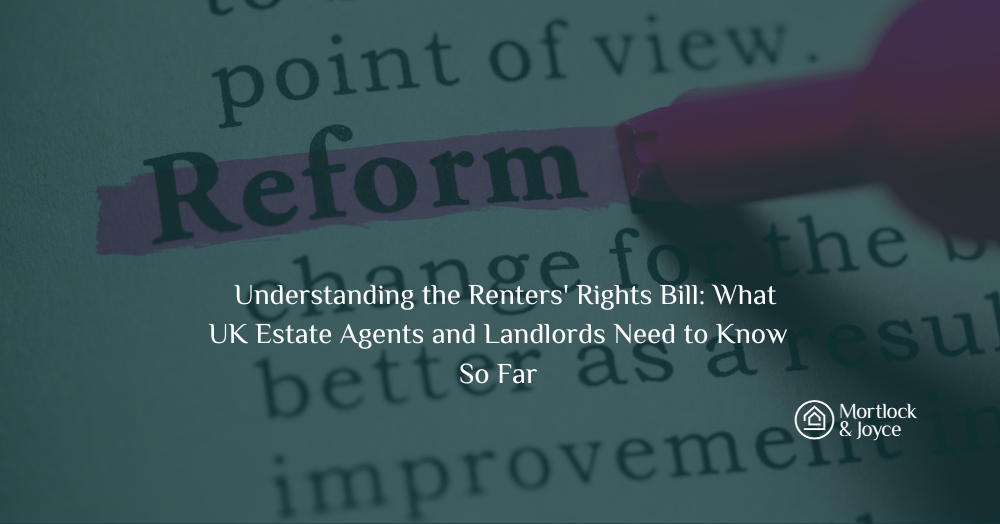The proposed Renters' Rights Bill is set to bring significant changes to the private rental sector in the UK. As an estate agent or landlord, understanding these developments is crucial for navigating the evolving landscape and ensuring compliance.
The private rental sector is on the cusp of a significant transformation with the introduction of the Renters' Rights Bill. While still progressing through Parliament, this proposed legislation aims to fundamentally reshape the relationship between landlords, tenants, and estate agents. For those of us operating within this dynamic market, staying informed is not just good practice; it's essential for future planning and maintaining trust with our clients.
At its core, the Renters' Rights Bill seeks to enhance security and fairness for tenants, addressing long-standing concerns about housing quality, affordability, and stability. The government's stated intention is to create a more balanced system, moving away from what some perceive as an imbalance of power in favour of landlords.
Key Proposals and What They Mean
One of the most talked-about aspects of the Bill is the proposed abolition of 'no-fault' evictions, specifically Section 21 of the Housing Act 1988. This change would mean landlords could no longer evict tenants without a specified reason, such as a breach of tenancy agreement or the landlord's intention to sell or move into the property. For estate agents, this will necessitate a greater emphasis on robust tenancy agreements and clear communication of tenant responsibilities from the outset. For landlords, it means a shift towards more proactive property management and a deeper understanding of the legitimate grounds for possession.
Another significant proposal is the introduction of a Decent Homes Standard for the private rented sector. This standard, already applicable to social housing, would mandate that all privately rented properties meet certain quality benchmarks. This could include requirements related to safety, repairs, and energy efficiency. For estate agents, this presents an opportunity to guide landlords on necessary upgrades and ensure properties are marketed as compliant and desirable. Landlords will need to budget for potential improvements and ensure their properties are maintained to a higher standard, ultimately benefiting tenants and potentially increasing property value.
The Bill also aims to make it easier for tenants to keep pets. While the exact details are still being finalised, the intention is to give tenants the right to request a pet, which landlords cannot unreasonably refuse. Landlords would be able to require pet insurance to cover potential damages. This change requires estate agents to adapt tenancy agreements and advise landlords on how to manage pet-friendly properties effectively, perhaps exploring options for pet clauses and insurance requirements.
Furthermore, the Bill proposes to establish a new Private Rented Sector Ombudsman. This independent body would provide a mechanism for resolving disputes between tenants and landlords more quickly and cost-effectively than through the courts. This could offer a valuable alternative for both parties, promoting quicker resolutions and potentially reducing legal fees. Estate agents will need to be aware of the Ombudsman's role and how to guide clients through its processes if disputes arise.
Navigating the Changes with Confidence
While the full implications of the Renters' Rights Bill will only become clear once it is enacted, it's evident that the private rental market is evolving. For estate agents, this means an opportunity to demonstrate unparalleled expertise and provide trusted guidance to both landlords and tenants. By staying ahead of these legislative changes, we can help our clients understand their rights and responsibilities, ensuring a smooth and compliant property journey.
For landlords, these changes underscore the importance of professional property management and a commitment to providing high-quality, well-maintained homes. Embracing these reforms can lead to more stable tenancies, happier tenants, and ultimately, a more sustainable investment.
We understand that navigating new legislation can feel complex. Our team is here to provide expert advice, delivered with care, helping you understand the nuances of the Renters' Rights Bill and how it impacts your property interests. Your property journey, made simple, is our commitment.

